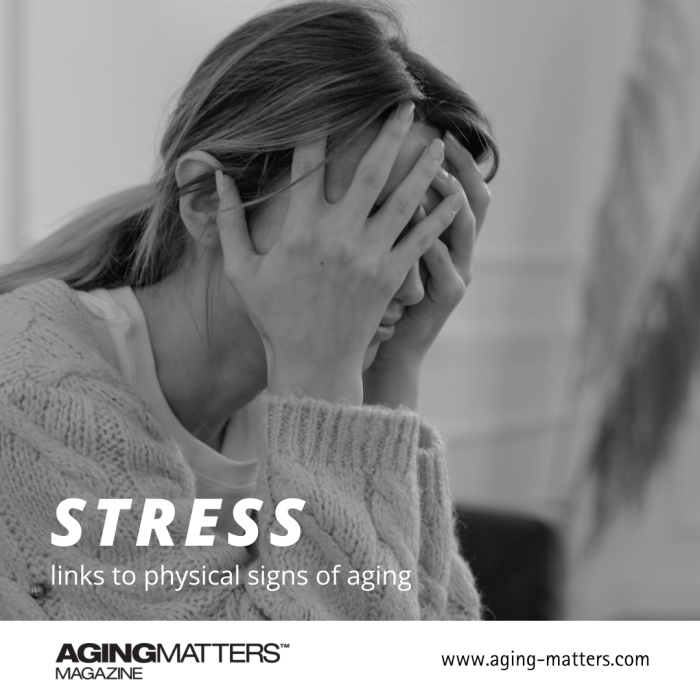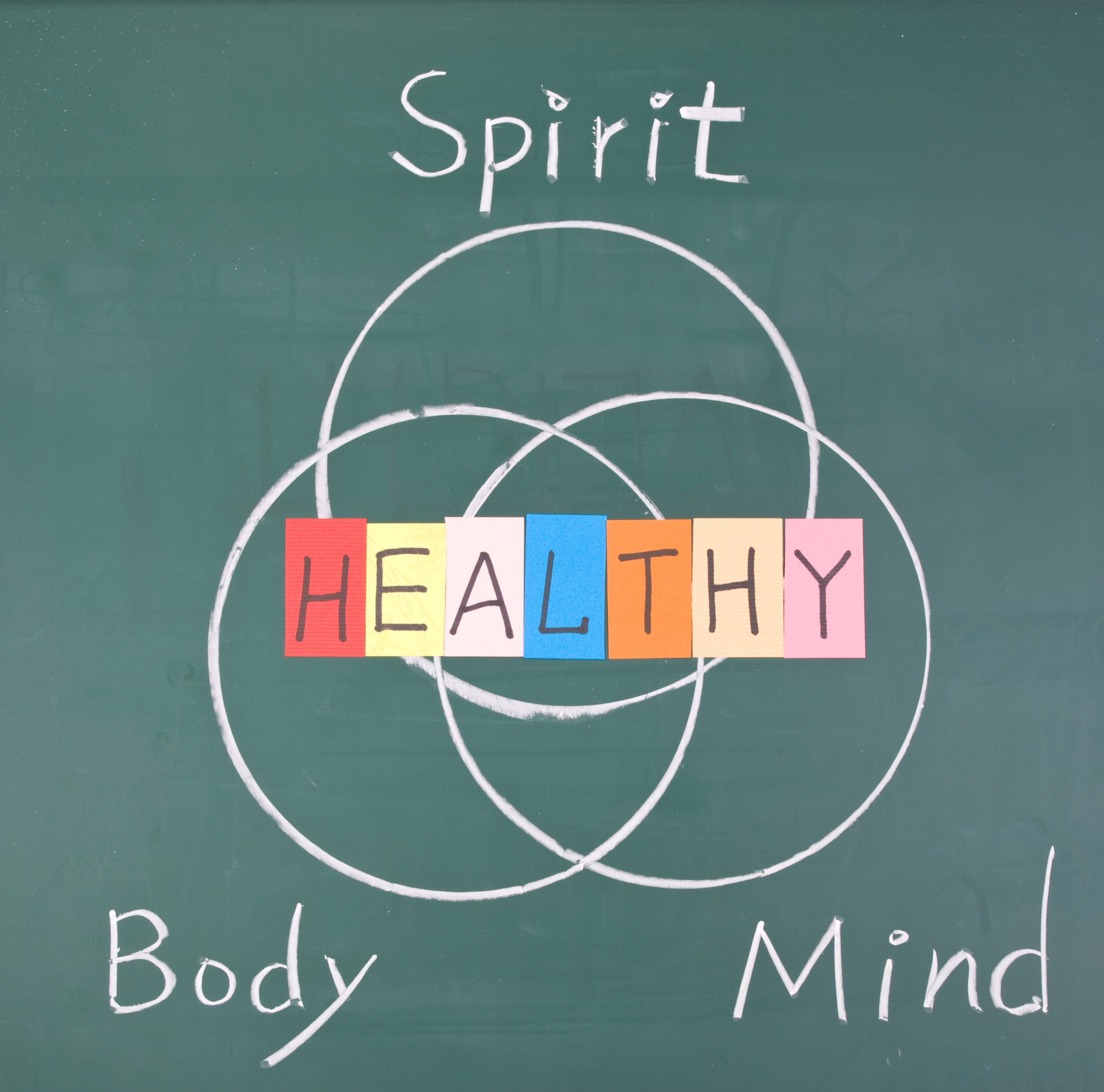
Stress links to physical signs of aging
August 8th, 2024Stress induced biological aging has been the subject of recent NIA funded research, findings of which have been published in Cell Metabolism. This study used a range of techniques to investigate how stress impacts biological age, with results found by analysing blood samples of both mice and humans who had recently been exposed to various stressors including pregnancy, emergency surgery, elective surgery and COVID-19. It was found that increased biological age was seen following stress, and then reverted back to lower biological age following recovery [1].
One of the overall conclusions of this study is that biological age is malleable and could be reversible, making it important to for us all realise the impact that stress has on us.
What is “stress?”
Stress is the term used when the body has a physiological and physcological response to life events that are perceived as challenging, demanding or threatening. When the body experiences a stress event, it releases cortisol and adrenaline, which trigger the often called “fight or flight” reaction. This is designed to heighten awareness and allow us to deal with the stressor, to return back to a less stressed/more relaxed state. However, stressors that do not go away or build up over time can have overall negative impacts on both mental and physical health, as the body is not designed to be in a constant state of heightened awareness.
Common causes of stress
There are many elements of daily life that can cause stress, or contribute to increased stress. Some of the most common include:
- Pressure to meet deadlines
- Arguments or disagreements
- Job insecurity
- Financial worries
- Health concerns
- Relationship difficulties
- Major milestones or life events
- Minor annoyances that contribute to existing stress
- Trauma, both current and past
- Lack of work/life balance
- Feeling out of control
- Overload of technology
How does stress often manifest?
When an individual is feeling stressed, they will often experience physical symptoms such as headaches, migraines, muscle tension, pain, shaking or clammy hands, palpitations, a feeling of no hunger or very hungry, sweating, stomach pain, sickness or diarrhea. Insomnia is often present as emotional symptoms like racing thoughts take hold. Someone who is stressed on an ongoing basis is more likely to withdraw socially and isolate themselves, which contributes to a poorer mental state, feelings of sadness or depression, irritability, moodiness, anciety or nervousness. They may use alcohol, drugs or tobacco to help them relax, have difficulty making decisions, feel on edge, avoid responsibility and change their eating habits.
Stress and signs of aging
As well as the symptoms listed above, stress can be a contributory factor to physical signs of aging such as:
- Weakened immunity to illness and infections.
- Decline in cognitive functioning as high levels of stress hormones can impair memory and overall cognition over time. There have been linked to stress and Alzheimer’s disease.
- Body pain, particularly in the muscles and joints, as the body feels constantly on edge and as such muscles become tense and inflammation increases. this can make existing conditions like arthritis worse.
- Hair loss. Severe stress can trigger the condition “telogen effluvium”, which causes hair loss and thinning.
- Grey hair – stress can accelerate the greying process by depleting the nutrients essential for hair pigment production.
- Fine lines and wrinkles can be caused and increased by excessive levels of cortisol in the body.
Dealing with stress
First and foremost, there is no tried and tested method to get rid of stress. We will always have stressors in our lives, its how we deal with them where and when we can that helps to reduce the impact that stress has on our bodies and our lives.
- Lifestyle changes are often the first place to start to deal with stress. You may not be able to easily change the aspects that stress you, but you can try to put more tools in place to enable better sleep, better eating habits and more time away from screens (for example).
- Diet is another key aspect of helping stress. Certain foods can help to regulate mood, reduce inflammation and support overall health. Eating healthily and maintaining regular levels of exercise will also be beneficial as exercise releases endorphins, which work as “feel good” hormones to counteract stress.
- Seek help. There is no shame in seeking help if you are feeling overly stressed or need help to try and resolve situations that are stressful. This could be in the form of talking or behavioural therapy, mental health support, talking to a friend, trying to resolve a situation at work or school that is stressful, trying to reconcile differences in your personal life, changing your job to aid financial woes, or even discussing options with your doctor.
- There are certain supplements which can also help with stress, such as Picamilone which is a drug designed to calm anxiety or Reconnect which contains Vitamin C, CoQ10 and NADH.
Resources
[1] https://www.nia.nih.gov/news/stress-induced-increases-biological-age-are-reversible







